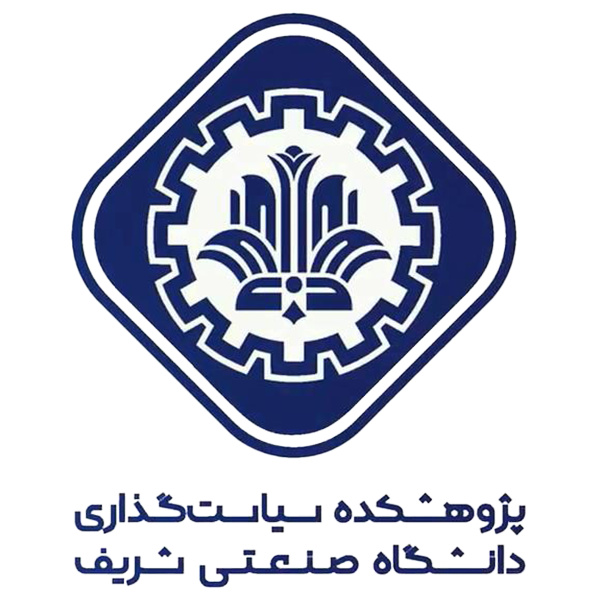Weather data is a key factor in good governance. The country’s weather information infrastructure is a type of data infrastructure that is developed in order to collect, update and share weather information. This data infrastructure includes: laws and policies, standards, organizations and people, access networks and data. Therefore, it is considered one of the vital infrastructures in every developed country, with the help of which it is possible to help the micro and macro decisions of the country; including flood prevention and forecasting, protection of crops, estimation of water reserves, etc. So that the development and implementation of sustainable water management strategies requires access to reliable data with appropriate accuracy and appropriate temporal and spatial scale. Currently, at the country level, various institutions such as the National Meteorological Organization, the Ministry of Energy, etc. are responsible for collecting and storing data and information, and each of them continues their activities independently with different efficiency, and the investigations carried out show inappropriate performance in some of them. The processes of data release are in the mentioned organizations, but what is clear is that the budget of government institutions for the development of this web service is very limited, and it should be done with the help of data economics to commercialize weather data. Therefore, improving the development of the national weather data dissemination infrastructure and the ease of using such a system increases the probability of success in the dissemination and sharing of meteorological data in the country. The planning and implementation of such a system requires a broad vision and steps that meet the needs, resources and structure of organizations well.

Sharif Policy Research Institute (SPRI)
Islamic Republic of Iran
